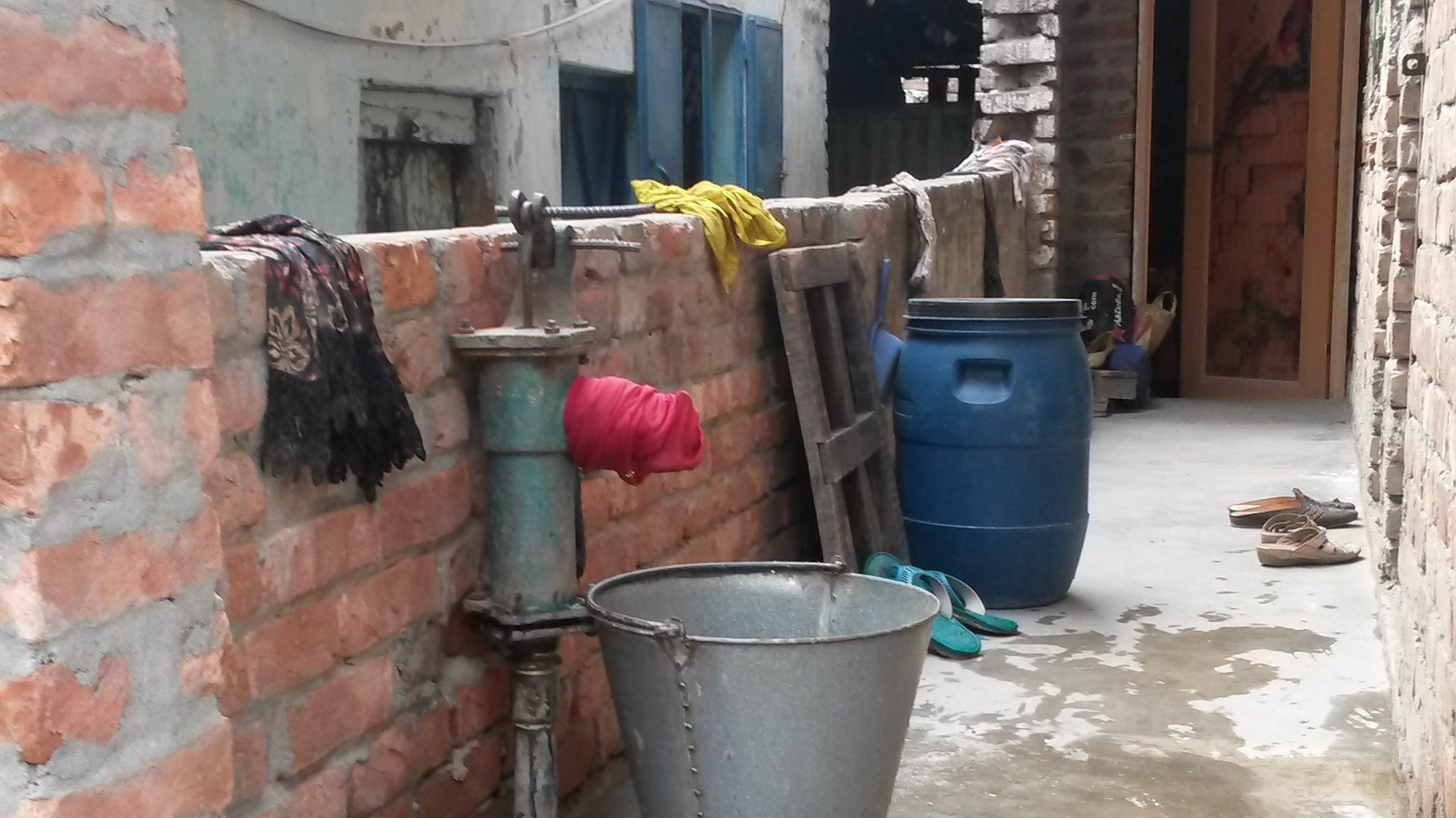ASTMH Annual Meeting 2025
blogHuman challenge models: What we learn from voluntary infection
By: Leslie Jamka, Mem, Ms, Center for Vaccine Development and Global Health (cvd) at the University of Maryland School of Medicine

In human challenge models, participants – typically volunteers – are intentionally infected with a specific pathogen under controlled conditions. These models help scientists and clinicians identify both natural and vaccine-induced correlates of protection – in other words, measureable proof that the person is protected against the pathogen.
While this practice dates back to the 1800s, human challenge models are increasingly used with expanding applications and pathogens. Human challenge models have been used to study Shigella and enterotoxigenic Escherichia coli (ETEC), malaria, influenza, dengue, norovirus, tuberculosis, rhinovirus, typhoid, giardia, and campylobacter. While these models can be controversial, the benefits are enormous and span from assessing pathogenicity to developing vaccines and other therapeutics.
Dr. Monica McArthur of the Center for Vaccine Development and Global Health (CVD) at the University of Maryland School of Medicine uses human challenge models to assess vaccine efficacy. The models provide data that allow researchers to eliminate vaccines that don’t work and refine formulations and schedules for the best candidates thereby saving time, money, and resources.
Recently, Dr. Wilbur Chen, also from the Center for Vaccine Development, vaccinated participants with Vaxchora, the cholera vaccine developed at the CVD and challenged participants with wild type cholera. Dr. McArthur’s results show the vaccine induces a robust CD4+ T cell response, which may contribute to protection against cholera. Cholera is frequently found in places with inadequate water, sanitation, and hygiene infrastructure, which makes vaccines an essential resource that can save lives. If you missed this fantastic talk on Monday and have questions, please contact Dr. Chen.
Guest Blog author: Leslie Jamka, Center for Vaccine Development and Global Health, University of Maryland School of Medicine
Related Posts
By: Matthew Davis, Burness